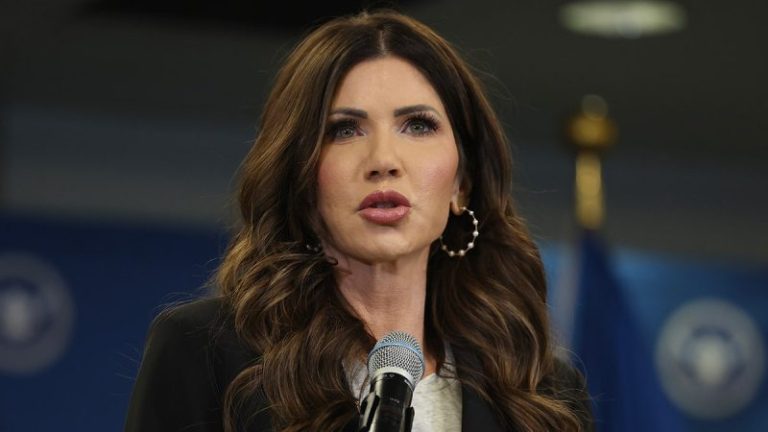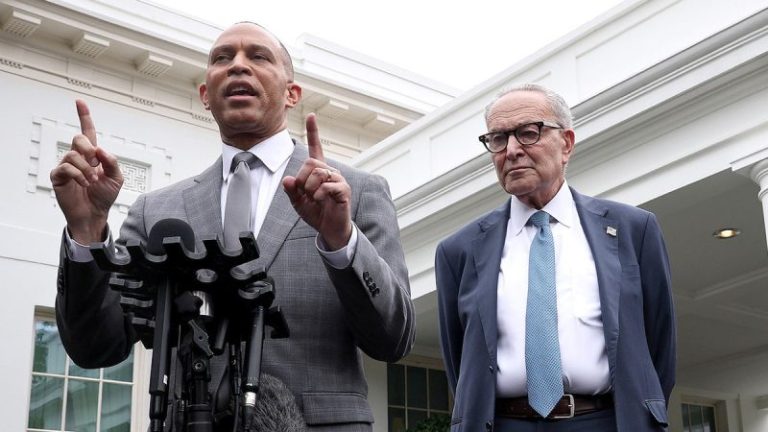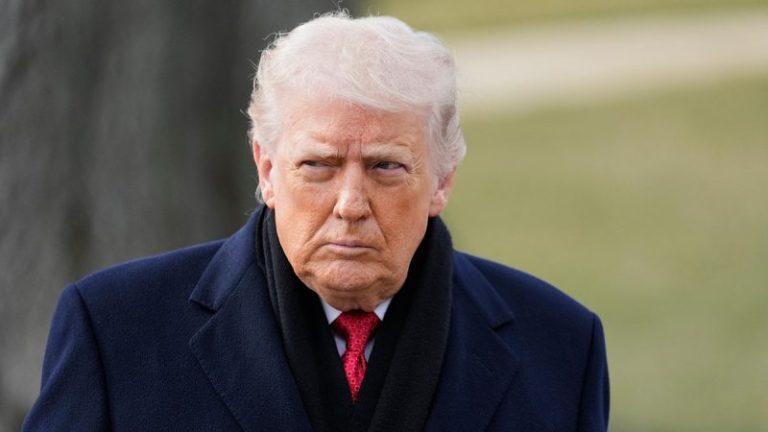A Russian drone strike hit a bus carrying miners in Ukraine’s Dnipropetrovsk region on Sunday, killing at least 12 people.
Ukrainian emergency services later reported the death toll had risen to 15 in one of the deadliest single attacks on energy workers since the start of the war.
The attack Sunday came a few hours after President Volodymyr Zelenskyy announced a new round of peace talks between Ukraine and Russia had been postponed.
A spokesperson for DTEK, Ukraine’s largest private energy firm, which employed the workers, told Fox News Digital that drones had targeted the bus as it traveled ‘roughly 40 miles from the front line in central and eastern Ukraine.’
The DTEK spokesperson also described the incident as a ‘terrorist attack on civilian infrastructure.’
‘This strike was a targeted terrorist attack against civilians and another crime by Russia against critical infrastructure,’ the spokesperson added.
The bus was transporting miners after the end of their shift when it was hit by a Russian drone, the State Emergency Service of Ukraine also confirmed.
At least seven workers were injured, and a fire sparked by the impact was later extinguished by emergency crews.
‘The epicenter of one of the attacks was a company bus transporting miners from the enterprise after a shift in the Dnipropetrovsk region,’ the company also said in a statement.
Zelenskyy condemned the strike late Sunday, calling it another deliberate attack on civilians.
Earlier in the day, he announced that the next round of trilateral talks involving Ukraine, Russia and the U.S. would now take place Feb. 4-5 in Abu Dhabi, after originally being expected for Sunday.
‘Ukraine is ready for a substantive discussion, and we are interested in ensuring that the outcome brings us closer to a real and dignified end to the war,’ Zelenskyy said on X, adding that the delay had been agreed to by all sides.
The delay followed a surprise meeting Saturday in Florida between Steve Witkoff, President Donald Trump’s special envoy, and Kirill Dmitriev, the Kremlin’s special envoy and head of Russia’s sovereign wealth fund.
The talks in Abu Dhabi are now expected to include representatives from Ukraine, Russia and the U.S., according to the Associated Press.
Meanwhile, Zelenskyy warned Russia is stepping up its aerial campaign against civilian and logistical targets.
‘Over the past week, Russia has used more than 980 attack drones, nearly 1,100 guided aerial bombs, and two missiles against Ukraine,’ he wrote on X on Sunday. ‘We are recording Russian attempts to destroy logistics and connectivity between cities and communities.’
In a statement, DTEK CEO Maxim Timchenko also explained the bus attack marked the company’s ‘single largest loss [of] life of DTEK employees since Russia’s full-scale invasion.’
‘We can already say with certainty that this was an unprovoked terrorist attack on a purely civilian target, for which there can be no justification,’ Timchenko said.
The attack marked ‘one of the darkest days in our history,’ he added. ‘DTEK teams are working with emergency services on the ground in Dnipropetrovsk region to ensure the injured, and families who have lost loved ones, get all the care and support they need. Their sacrifice will never be forgotten,’ he added.










